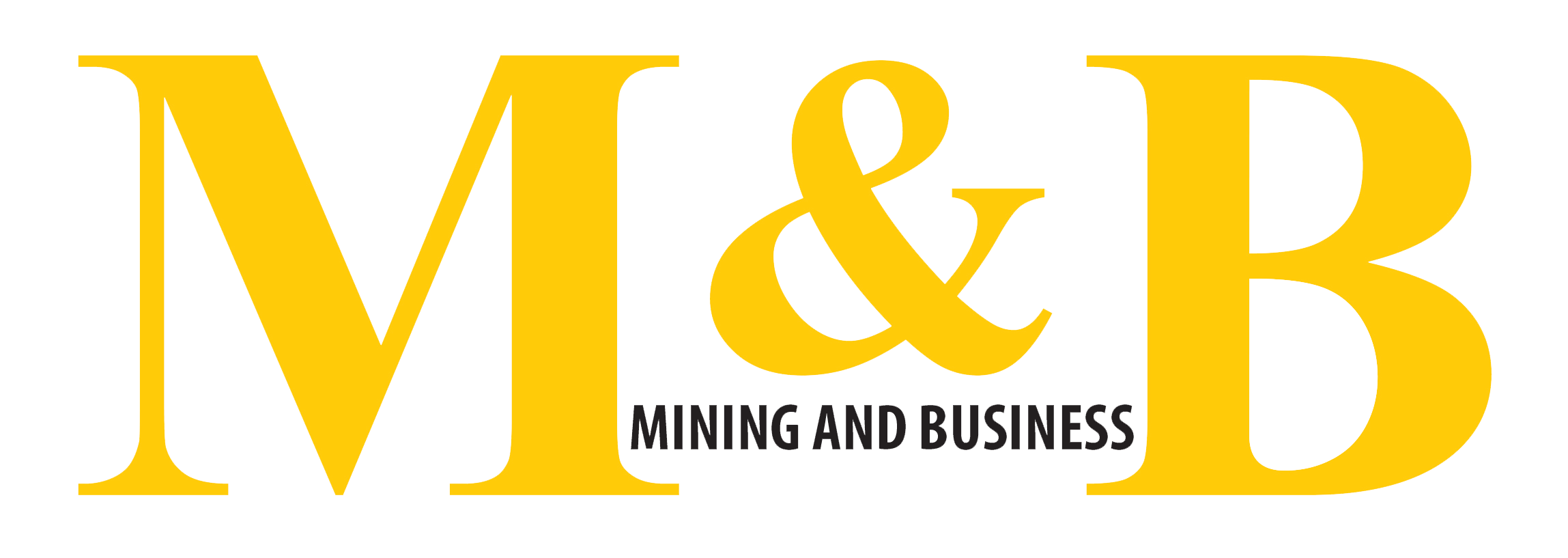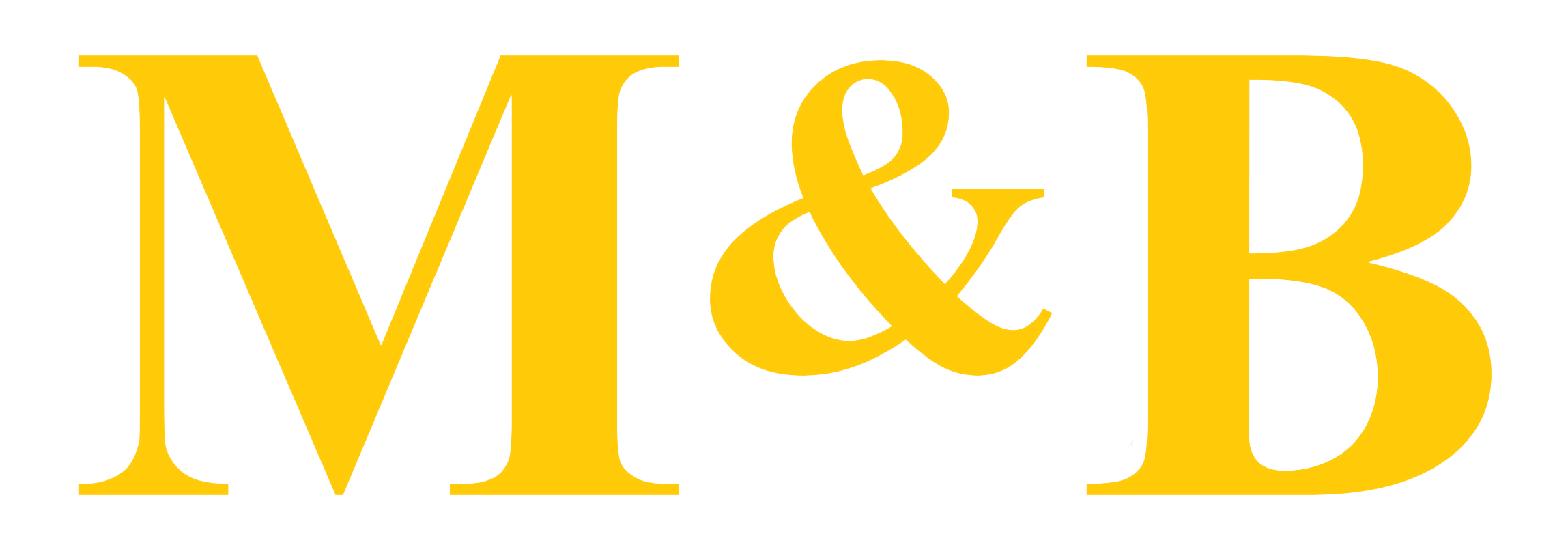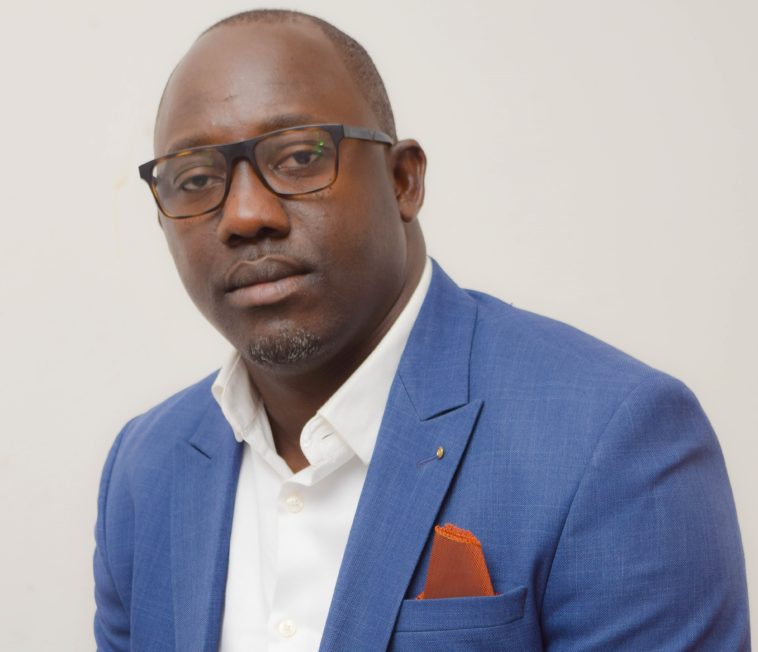What is your professional background and how did you end up in the mining sector?
Born in the diamond town of Mbuji-Mayi, I am the son of an executive of the Mining Company of Bakwanga, or MIBA. After studying law at the University of Kinshasa, I began my career at Regideso as Private Secretary to the Deputy Director General and then as Legal Advisor before joining the mining sector as Public Relations and Facilitation Officer.
I am specialized in the management of comptoirs and the export of raw materials and other minerals, I have worked since 2010 successively for the comptoirs Centauris SPRL, a subsidiary of Centauris Inc, a company under Swiss law, and then Satis Ressources. I was a consultant and trainer for the Center for Expertise and Evaluation of Precious and Semi-precious Minerals. I trained the country’s traders in the management of a comptoir and in the legal practice of gold exports. I was a consultant for Amazona and Saga diamond comptoirs for exports to Dubai.
In 2015, I created a firm in strategic consulting, lobbying, business facilitation: JMK Concept, specialized in mining, energy, infrastructure and agriculture in the Democratic Republic of Congo. In 2018, I became Managing Partner of Blaze Metals Congo, a company that acts as a gold buying counter and specializes in the acquisition of mining titles and the development of mining projects.
The Congolese economy is heavily dependent on the mining sector. Is this a good thing or a bad thing and should the economy be diversified?
It is a good thing because the DRC is a non-industrialized country. This dependence is a lesser evil since the mining sector has a positive comparative advantage over other countries with a strong diversity of mineral resources and sectors or derivatives that meet the needs of world markets. Despite this dependence, it contributes significantly to the state budget, to the gross domestic product, and provides enormous revenues for taxes. It is currently the sector that provides formal and informal employment for hundreds of thousands of people.
This dependence is a bad thing because the DRC has other sectors to promote that are capable of providing the economy with significant resources to finance its development. This dependence becomes a handicap when the price of raw materials for export falls, leading to a drop in export revenue, which in turn causes the exchange rate to fluctuate and the budget deficit to rise.
Among its assets and important value chain sectors are agriculture, tourism, transportation, real estate services, hydroelectric power and hydrocarbons, not to mention the important contribution of efficient management of the environment, our forests and our rivers. Fresh water, which will be a scarce commodity in the future, must benefit from major investments in order to be able to export it to places where it will be lacking.
Is artisanal mining a problem? If so, what would be the solution?
Artisanal mining suffers from a problem related to the application of laws, supervision, training and retraining of the workforce. In addition to these problems, there is mining and customs fraud in the export sector, insecurity, smuggling by armed militias on all sides, lack of traceability of production, and above all the presence of child miners in the mines and quarries. The liberalization of artisanal mining has had a negative impact on the Kasai provinces, with a low rate of schooling among youth. The same phenomenon is developing today in Katanga and the Kivu provinces.
The solution lies in technical and financial support for the artisanal sector. Indeed, it would be necessary to list the exploitation areas, group the operators into cooperatives, provide them with financing to mechanize production and above all training on financial management and bringing the administration closer to the exploitation areas for traceability of artisanal production.
The mining sector is controlled by foreign companies. What would be the conditions for success for Congolese companies in the DRC in this industry?
Currently, the mining sector is controlled for the most part by foreign-owned companies. These companies hold the best deposits and mining titles, such as Kamoa and Tenke Fungurume Mining, which are among the largest mining companies in the DRC.
Therefore, the State should lock in local companies with a stake of more than 40% in mining projects. Subcontracting should be granted in its entirety to Congolese companies and not to nominees, except for areas not covered by local expertise. Guarantee jobs with expertise to local personnel with a real transfer of skills. Encourage the financing of local entrepreneurs with state support in the transformation of mining cooperatives into small mines that will themselves become large mining operators.
What improvements are needed to the mining code and how can the government better support mining companies?
The mining code requires clear improvements on customs duties and taxes, on taxes related to expatriates. The law on subcontracting with 70% of the workforce being seasonal and the retrocession of 40% of foreign exchange earnings from exports to the DRC must be monitored. The code should also require 70% representation of national or Congolese staff on the management committee of mining companies.
The mining code should take into account the social contribution of companies in terms of social responsibility (construction of buildings, training and retraining of the workforce, promotion of schools, health centers, universities and higher institutes, socio-professional training centers, agricultural service roads, bridges and pavements, water, drilling, electricity and urban planning).





